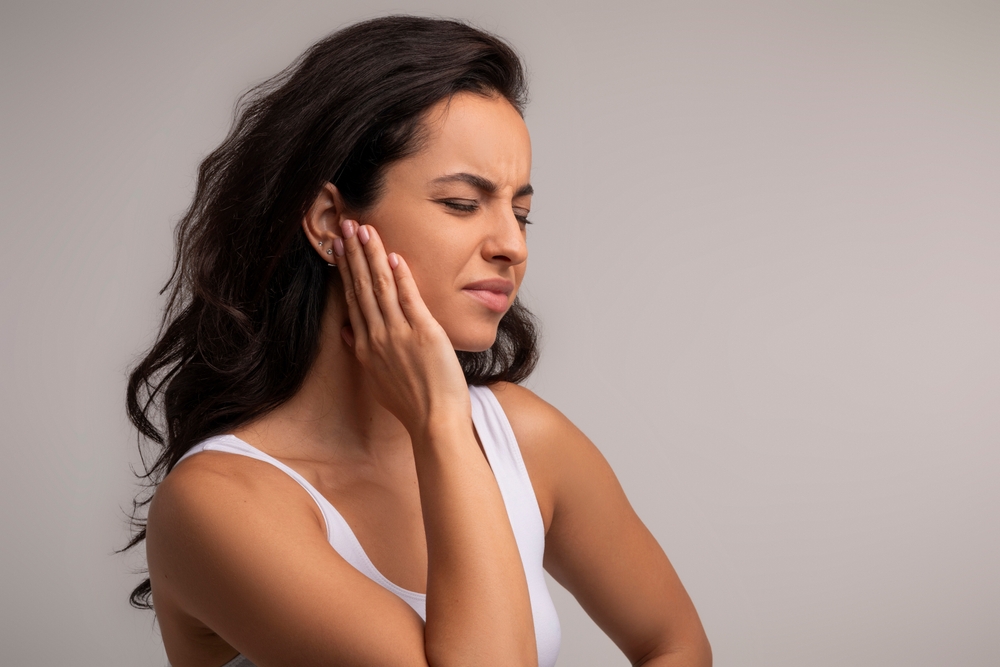At Hearing Doctors of New Jersey, we understand the importance of getting to the root of tinnitus. The ringing and whirring in the ears can be more than just annoying, it can affect your mental health and be a sign of another condition, including hearing loss. The cause of your tinnitus can depend on the type of tinnitus you have. There are two main types: subjective and objective tinnitus. There is also pulsatile tinnitus, but it’s much more rare. Subjective tinnitus is the most common form of the condition.
What is Subjective Tinnitus?
Subjective tinnitus occurs when you are the only person who can hear the noise in your ears. No matter how loud the noise is to you, it cannot be heard by other people. It often occurs in brief episodes, but it can also be long-lasting and chronic as well.
The sound that’s heard differs from person to person and can depend on whether you have mild or severe tinnitus.
Subjective Tinnitus Symptoms
The main symptom of subjective tinnitus is a phantom noise that has no physical cause or external source. The noise many tinnitus patients hear may include any of the following:
- ringing
- roaring
- whistling
- humming
- clicking
- hissing
- chirping
- whirring
- whooshing
How Can I Differentiate Between Subjective And Objective Tinnitus?
To differentiate between subjective and objective tinnitus, it’s important to see a Doctor of Audiology like Dr. Nesson and Dr. May at Hearing Doctors of New Jersey. During your appointment, they will be able to diagnose which type you have.
Unlike subjective tinnitus, with objective tinnitus, other people can hear the noise, and that noise has an external cause, like your heartbeat, inner ear spasms, middle ear infections, increased pressure in the skull, or muscle contractions.
Subjective Tinnitus Treatments
At Hearing Doctors of New Jersey, we offer several different treatment options for subjective tinnitus. Some of the treatments we provide include the following:
- Hearing aids: Hearing aids can also help with addressing tinnitus symptoms. By amplifying the sounds around you, a hearing aid can make the tinnitus less noticeable.
- Neuromodulation: Neuromodulation, like the Lenire Device, uses strategic sound exposure to try to reverse any neurological changes that could be contributing to tinnitus. It modifies the behavior of the nerves and makes the symptoms barely noticeable.
- Tinnitus retraining therapy: With a combination of CBT (cognitive behavioral therapy) and sound therapies, we can help you retrain your brain to ignore the tinnitus altogether.
Schedule a Consultation
Are you struggling with tinnitus and ringing in your ears that no one else can hear? You may be struggling with subjective tinnitus. To learn more and start treatment, schedule a consultation today. Call our Livingston, NJ office or message us via our online contact form. We look forward to helping you live a full life!



